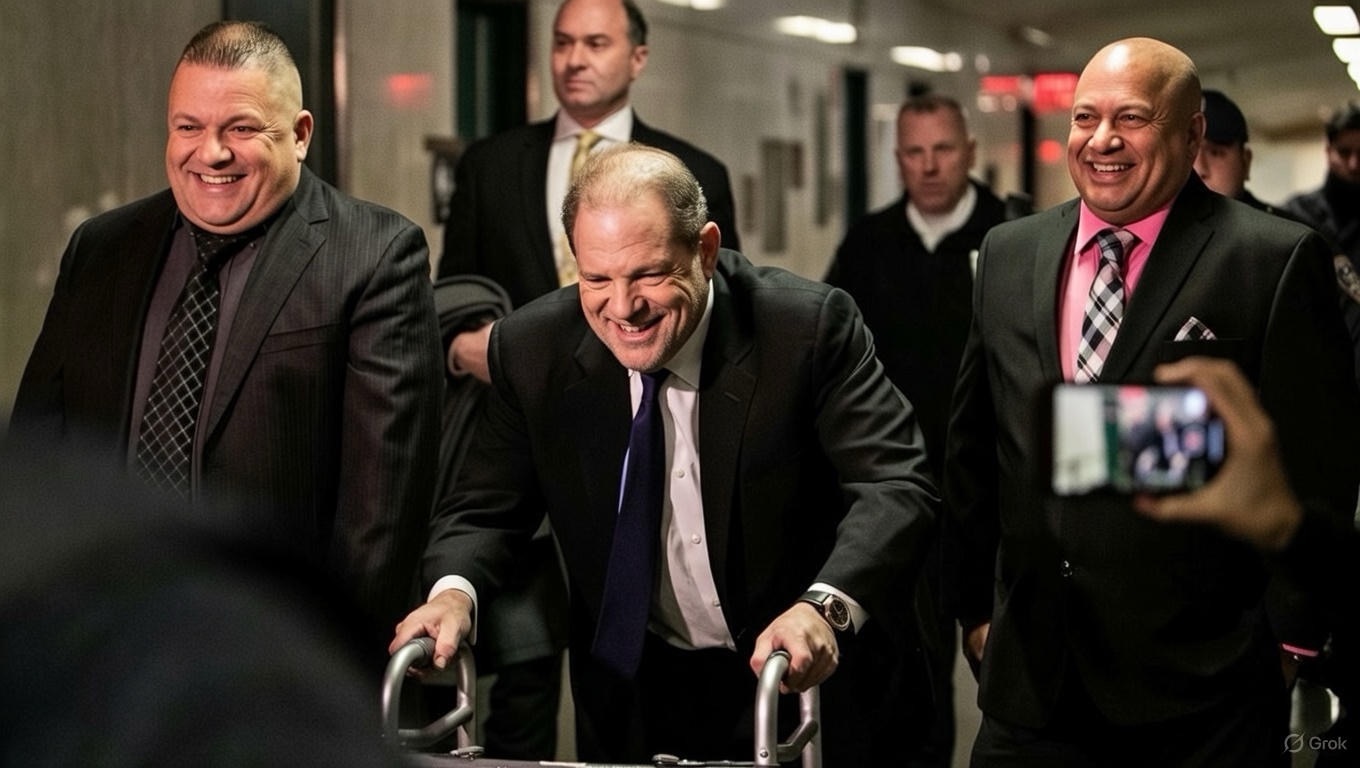Dua Lipa, Sir Elton John, Sir Ian McKellen, and Florence Welch are among a collective of stars urging the UK Prime Minister to revise copyright laws to provide safeguards against artificial intelligence (AI). In a letter addressed to Sir Keir Starmer and signed by more than 400 British musicians, writers, and artists, they assert that without such protections, their creative works risk being appropriated by tech firms, compromising creativity and the UK's status as a leading creative hub.
The artists demand that the Prime Minister support an amendment to the Data (Use and Access) Bill, which would mandate transparency from developers about employing copyrighted material for AI training. A government spokesperson indicated its commitment to fostering both the creative industries and AI enterprises but emphasized that no changes would proceed unless entirely beneficial to creators.
Prominent figures among the signatories include celebrated author Kazuo Ishiguro, playwright David Hare, and musicians Kate Bush and Robbie Williams. Sir Paul McCartney has previously expressed concerns about AI infringing on artists' rights and is also a supporter of the letter.
The artists’ letter underscores their vital role in fostering national narratives, innovation, and future endeavors, stating, "AI needs us as much as it needs energy and computer skills." They argue the government should endorse Baroness Beeban Kidron's proposed amendment ahead of a significant House of Lords vote, which would create licensing frameworks for both AI developers and creators, ensuring a sustainable future for human-made content.
Contrasting opinions emerged from some experts, such as Julia Willemyns, co-founder of the Centre for British Progress, who warned that this approach could stifle growth within the UK. She warned that such restrictive copyright measures might drive AI development overseas and inhibit domestic innovation.
This plea for reform occurs amidst growing unease among artists regarding their works being incorporated into datasets for generative AI systems—tools now available to consumers that create new content from minimal prompts. Artists like Annie Lennox and Damon Albarn have previously protested against government changes to copyright laws by releasing a silent album in February.
The ongoing consultation from the government initially suggested allowing developers to use online creators' content unless rights holders opted out. However, following significant backlash from creators, reassessment of the proposal is underway. Ishiguro remarked on the unfairness of altering traditional copyright laws for the benefit of large corporations at the expense of individual creators and stressed the necessity of a fair consultation process.
With past attempts to enhance accountability for AI developers failing, Baroness Kidron advocates for new transparency obligations that could facilitate licensing agreements between creators and firms. She urged that the UK could solidify its status in the global AI supply chain if these transparency measures are introduced.
The government acknowledged the importance of assessing responses from its consultation and committed to delivering a report and economic impact appraisal, considering the myriad of perspectives involved in this crucial debate. Artists hope their collective voices will ensure their rights and creative contributions are respected and protected in the evolving technological landscape.

















